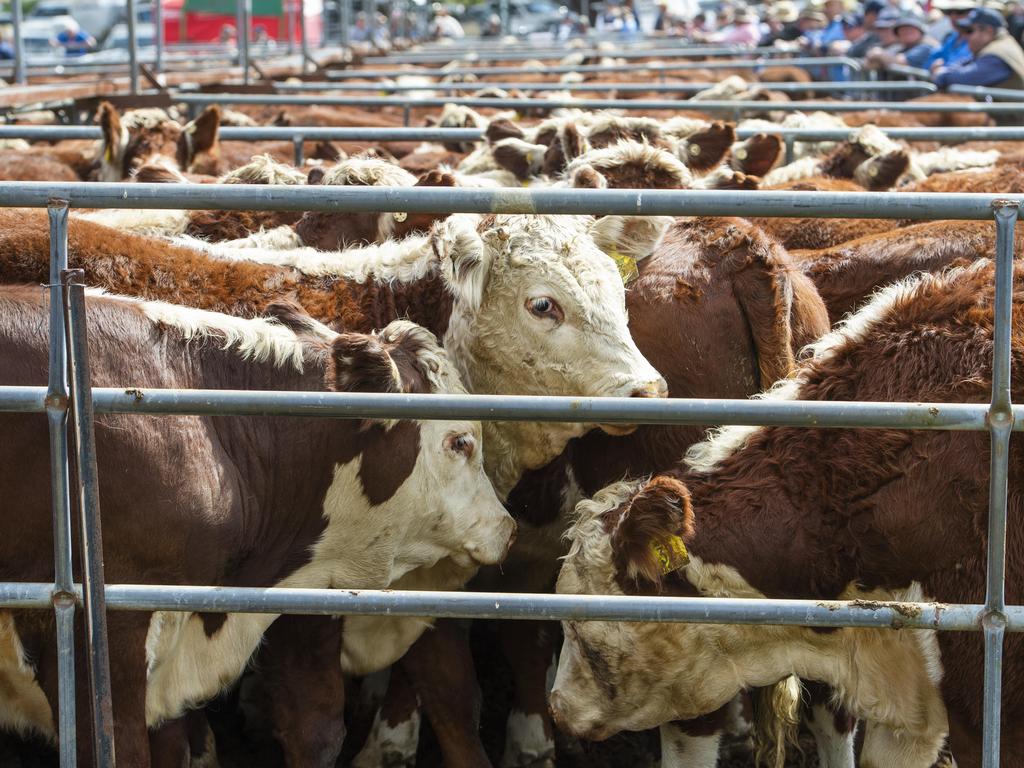Lack of mental health support costly for Aussie farmers
A lack of vital mental health support for Australia’s farmers could have flow-on effects for their entire rural communities, producers say.
A lack of vital mental health support for Australia’s farmers could have flow-on effects for their entire rural communities, producers say.
Results of a survey released today highlights the toll – both and emotional and financial – of natural disasters and associated trauma on primary producers, often caught on the front lines of bushfire, floods and drought.
Gippsland dairy farmer Craig Calvert said on-farm mental health issues could contribute to the loss of family farm businesses, employment, spending and know-how from a region.
“If a farmer walks away, or does something more horrific, because of the mental stress, then that $600,000 he spends on employees and in the local community each year is gone and the GDP starts draining from an area,” he said.
“Then it gets worse if one of his neighbours makes the same decision, and another. It also harms succession because there is no way the kids will take on the property seeing how it is impacting their parents.”

The National Farmer Wellbeing Report, released today by Norco and the National Farmers’ Federation, showed one in five of the 1300 surveyed farmers felt “defeated” following natural disasters.
Of the 1338 farmers surveyed, 40 per cent had contemplated leaving the industry, with the leading reason being that it was “too hard both physically and emotionally” (34 per cent), followed by farming no longer being a financially viable sector (31 per cent) and farming no longer being valued in Australia (31 per cent).
The report said the financial toll of natural disasters on the agricultural industry could hit $39 billion by the year 2050, with surveyed farmers estimating the average cost of natural disasters over the past five years at $1.4 million per farm.
The report showed about 76 per cent of surveyed farmers felt the role they played in putting produce on the table was undervalued by the Australian public, and 74 per cent agreed that rural and remote communities were forgotten or left behind when it came to public policies and services.
The Victorian Government’s 2022-23 budget outlined a number of measures to boost mental health services statewide, following the Royal Commission into Victoria’s Mental Health Systems the previous year.
The budget pledged more than $490 million for acute hospital-based care, including $196 million for 15 mental health acute beds in regional centres such as Wangaratta, Ballet and Shepparton.
A further $10 million was dedicated to emergency department hubs in regional Victoria, including one at Latrobe Regional Hospital and plans for hubs at Bendigo, Shepparton, and Ballarat.




